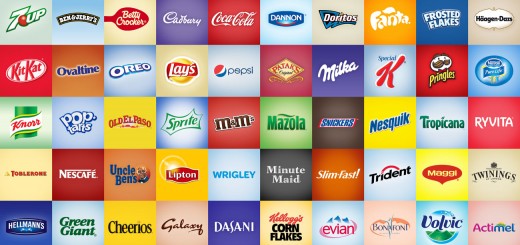Singtel adds another tool on marketer’s belt with virtual studio & AR
Singtel has introduced innovative technology as part of its ‘live’ television production capabilities, offering brands the opportunity to create interactive content and better engage their pay TV audiences.
The first of its kind in Singapore, Singtel TV’s virtual reality (VR) and augmented reality (AR) technology also helps advertisers address the challenge of today’s viewers sidestepping traditional commercial breaks.
This technology allows virtual elements to appear as if they were real objects within the studio environment. The creation of virtual elements such as three-dimensional scoreboards, match statistics, team logos, player images and starting line-ups will enhance the overall viewer experience, particularly during sports programmes. This technology can also be used to stylistically redesign the virtual background according to a particular theme or type of programme.
“Ad clutter and audience fragmentation mean that traditional TV ad buying needs to evolve. Our ad analytics will better segment the audience. Together with VR and AR technology, brands can then create and tell segment-specific, editorially relevant stories, while ensuring that the content is not missed altogether,” said Anthony Shiner, Chief Revenue Officer at Singtel Group Digital Life.
Virtual advertising helps brands stay in the game
Virtual advertising uses the VR and AR technology, by embedding brand images into a ‘live’ or pre-recorded TV show. However, virtual ads previously required significant financial investment. Recognising the demand for such technology, Singtel Adverting is bringing it to Singapore, so brands can create relevant and in-programme content affordably.
“With VR and AR technology, branding is no longer limited to commercial breaks where messages can be lost or ignored. Virtual advertising ensures that branded content captures the attention of audiences when viewership is at its peak, so advertisers can literally ‘stay in the game.’ This is the future of sports advertising and sponsorship,” said Julian Touhig, Executive Producer – Sports at Singtel TV.
Customised brand content
VR and AR technology can also be used to create virtual product placements in TV shows. For example, with a virtually-generated automotive placement, brands will no longer need to place an actual car in the studio. This reduces effort and costs. In addition, a master copy of a sponsored programme can be produced, with virtual product placements added in the future. For companies advertising in other markets, the ads can be easily updated to be country specific, which will maximise ad spend.
“Our goal is to create a suite of strategic audience engagement tools. By continuing to invest in the best marketing technology, we aim to help local and regional brands create innovative and highly targeted content to reach Singtel TV audiences,” added Mr. Shiner.



